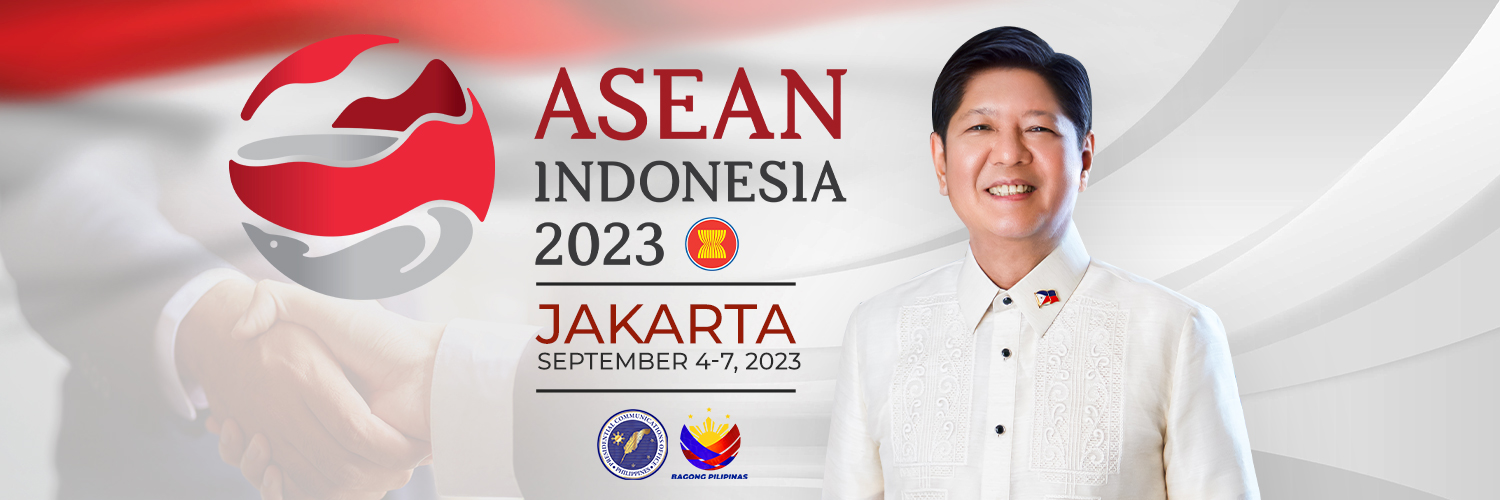Mr. Chairman,
Your Majesty,
Excellencies,
We gather today at a critical juncture in the history of our region. The global landscape is witnessing unprecedented shifts, from the escalation of regional security threats, to the transformation of the global economy.
As one Community, our collective well-being hinges upon our ability to respond to the changing paradigm of our times in a timely and effective manner. In these times of uncertainty, ASEAN should matter more than ever.
The significance of ASEAN in the global stage can only be sustained so long as we can demonstrate to the rest of the world that ASEAN continues to be a force for positive change. The first step in that positive change is the promotion and the maintenance of peace because as we speak for progress, that progress must be built on a strong foundation of peace. And so let us look at the threats to peace in our region.
One test of our relevance is our ability to facilitate a peaceful resolution in Myanmar.
We remain firm that the resolution to the Myanmar crisis should be Myanmar-owned and Myanmar-led.
We continue to support the efforts of the ASEAN Chair to engage all stakeholders in Myanmar.
We reiterate that all efforts in Myanmar should be in line with the Five-Point Consensus and done in coordination with the Chair of ASEAN.
Your Majesty,
Excellencies,
Our vision for the South China Sea is a sea of peace, stability, and prosperity. Today sadly this remains a distant reality.
For our part, the Philippines will continue to work with all the countries to foster a rules-based international order. We remain committed to the peaceful resolution of disputes in the South China Sea in accordance with international law.
We will continue to uphold and exercise freedom of navigation and overflight in the South China Sea in accordance with international law, including, of course, the 1982 UNCLOS.
But let me be clear. We do not seek conflict; but it is our duty as citizens and as leaders to always rise to meet any challenge to our sovereignty, to our sovereign rights, and our maritime jurisdictions in the South China Sea.
No country would expect any less. No country would do any less.
The Philippines firmly rejects misleading narratives that frame the disputes in the South China Sea solely through the lens of strategic competition between two powerful countries. This not only denies us our independence and our agency, but it also disregards our own legitimate interests.
We once more call upon all parties for self-restraint on activities that complicate disputes in the South China Sea. We must not undermine regional peace, stability, and security.
We cannot emphasize enough that actions, not words, should be the ultimate measure of our commitment to securing peace and stability in the South China Sea. Anything else simply does not suffice.
We therefore seek your support for the operationalization of practical measures such as the ADMM Guidelines for Maritime Interaction, which we envision will be expanded to our external partners in due time.
The Philippines is also pleased to have hosted the 2nd ASEAN Multilateral Naval Exercise (AMNEX) off Zambales and Bataan, and the 40th Meeting of the JWG-DOC in Manila to expedite the negotiations for a substantive and effective Code of Conduct in the South China Sea (COC).
As tensions and mistrust between the great powers escalate, so, too, does the prospect of miscalculation that threatens to engulf the region, with the severest consequences for all of us.
It is imperative that we leverage the ASEAN regional architecture to serve as a diplomatic bridge that promises mutual understanding, strategic trust, and peaceful settlement of disputes.
History will ultimately judge whether the supremacy of the rule of law prevails, ushering in an era where all nations truly stand as equals, independent and unswayed by any single outside power.
The challenge for us remains: that we must never allow the international peaceful order to be subjected to the forces of might applied for a hegemonic ambition.
The future of peace rests now on how we together face this challenge to that peace.
Thank you and good afternoon.
— END —

